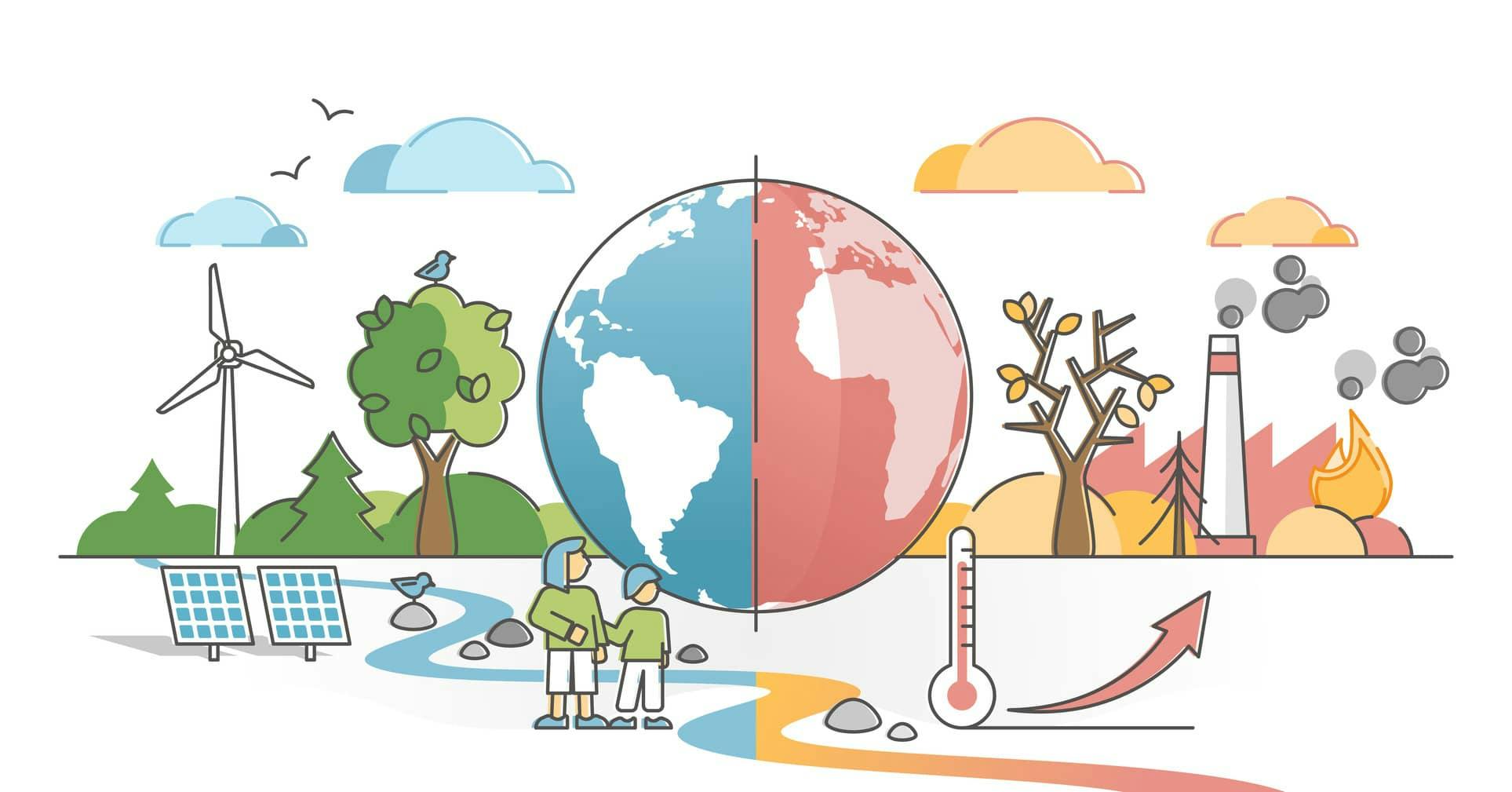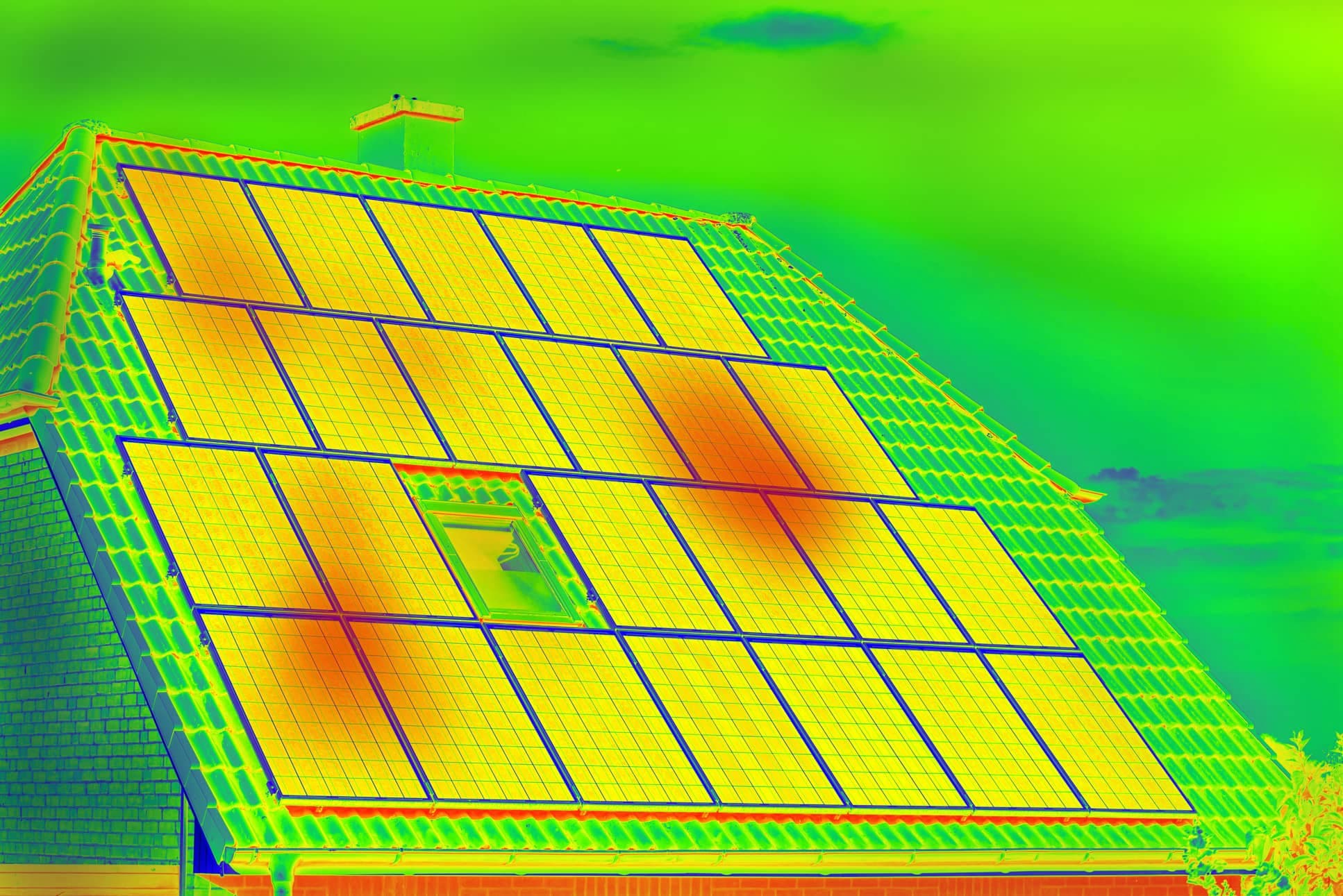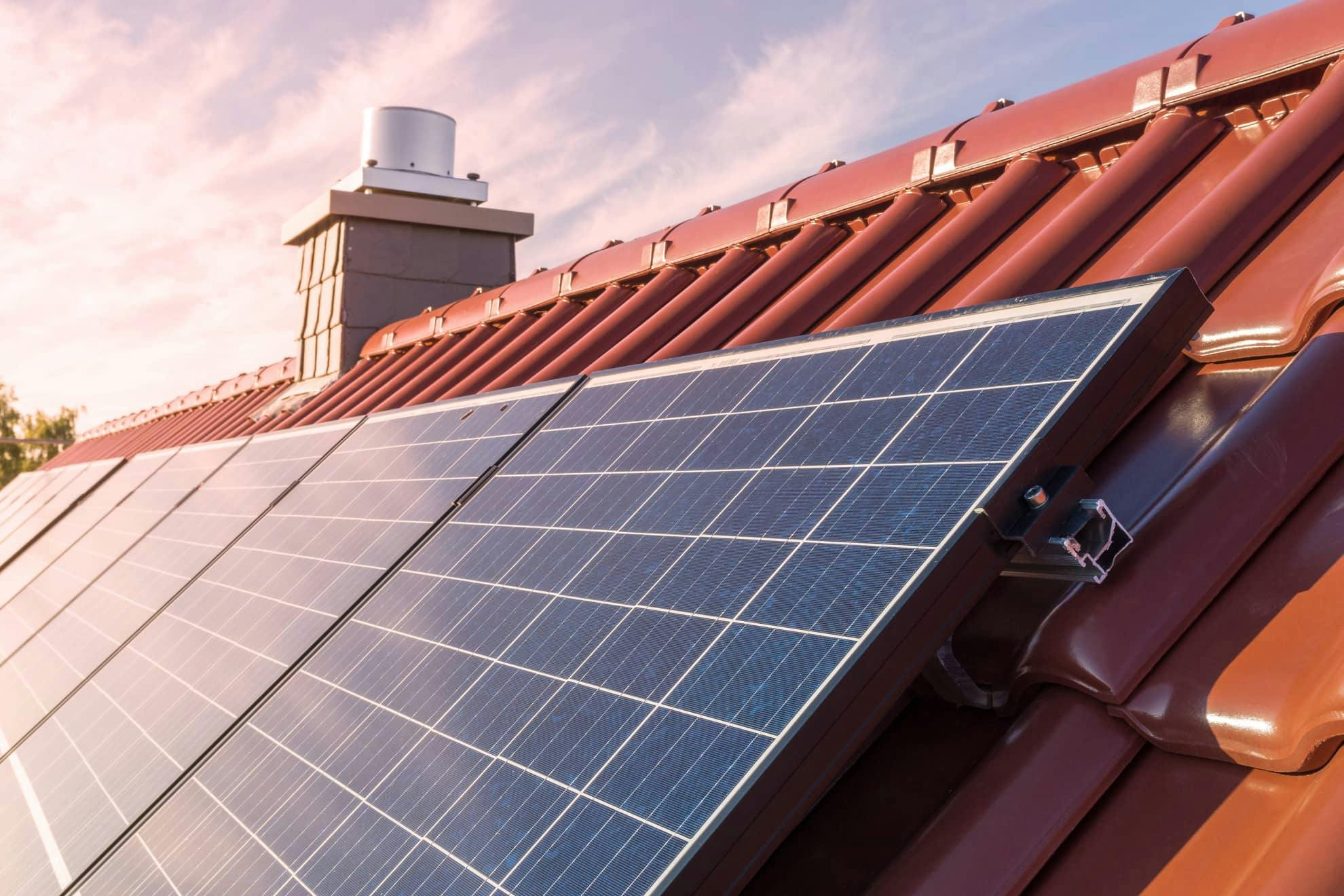The International Renewable Energy Agency (IRENA) estimates that 90% of the world's electricity can and should come from renewable energies by 2050. But do you know what renewable energies are or what is the difference between them and the energy that is obtained from fossil fuels?
If you are not very clear about this, do not worry! 😅 Here, we explain the advantages of using renewables, why they are considered the best alternative to fossil fuels and how the environment benefits from this.
What is the difference between fossil energy and renewable energy?
Fossil energy is that which comes precisely from fossil fuels such as coal, natural gas or oil. These in turn are generated by the natural decomposition of organic matter (plants, microorganisms, bacteria and algae). The transformation process can last more than 600 million years.
On the other hand, renewable energy comes from natural and inexhaustible sources such as the wind, the Sun or water.
‘Renewable energy sources, such as wind and solar, emit little or no greenhouse gases, are readily available, and in most cases are cheaper than coal, oil, or gas’.
Why are fossil fuels not renewable?
Fossil fuels are not renewable because they are limited natural resources that require a long period of time (more than 600 million years) and specific conditions (pressure and temperature) to form.
In addition, they are not replenished by biological processes and the time will come when they will run out and it will take millions of years of similar evolution and decomposition for them to re-emerge.
What advantages do we find in renewable energies compared to fossil fuels?
✔️Renewable energy sources are abundantly available, naturally replenishing, and emit little or no greenhouse gases or pollutants into the air.
✔️Renewable energies allow countries to become independent from imports, diversify their economies and protect them from the unpredictable fluctuations of fossil fuel prices.
✔️They promote inclusive economic growth, the creation of new jobs and the reduction of poverty.
✔️According to IRENA, renewable energy is the cheapest energy option in most of the world today as prices for renewable energy technologies are falling rapidly. For example, the cost of electricity from solar energy fell by 85% between 2010 and 2020. The costs of onshore and offshore wind energy fell by 56% and 48%, respectively.
✔️Renewable energy is healthier. Switching to clean energy sources, such as wind and solar, helps address not only climate change but also air pollution and health.
According to the World Health Organization, ‘about 99% of people in the world breathe air that exceeds air quality limits and threatens their health, and more than 13 million deaths worldwide each year. are due to avoidable environmental causes, including air and its pollution’.
✔️Renewable energy creates jobs. Every dollar of investment in renewable energy creates three times more jobs than in the fossil fuel industry.
The International Energy Agency (IEA) estimates that the transition to zero emissions will result in a net gain of 9 million jobs in the energy sector. While some 5 million jobs could be lost in fossil fuel production by 2030, some 14 million new jobs would be created in clean energy.
Additionally, energy-related industries would require another 16 million workers, for example to take on new roles in making electric vehicles or in innovative technologies like hydrogen. This means that more than 30 million jobs could be created in clean energy, efficiency and low emission technologies by 2030.
What is the best alternative to stop using fossil fuels?
The best alternative to stop using fossil fuels is to supply ourselves with renewable energies (such as solar, wind, hydroelectric and biomass). The important thing is the combination of them, as well as the use of energy storage technologies.
Although a transition to cleaner forms of energy has already begun in many countries, and despite rapid technological innovation and cost reduction, renewable energy technologies still have to compete with carbon-intensive energy technologies that are also highly subsidised.
How does the use of fossil fuels affect the environment?
Today, approximately 80% of the world's energy and 66% of electricity generation come from the burning of fossil fuels. This contributes approximately 60% of the greenhouse gas (GHG) emissions responsible for climate change (United Nations Organization).
The Intergovernmental Panel on Climate Change (IPCC), the United Nations body for evaluating the science related to climate change, indicates that energy is at the heart of the climate challenge and is key to the solution.
To get closer to this much-needed clean and green energy transition, self-consumption is presented as a solution to burning fossil fuels when it comes to producing energy.
The IPCC expert group of scientists has been clear. To avoid the worst impacts of climate change, pollutant emissions must be cut in half by 2030 and reach net zero by 2050.
To achieve this, we must end our dependence on fossil fuels and invest in alternative energy sources that are clean, accessible, affordable, sustainable and reliable. Like photovoltaic energy. 🌞
If you also want to contribute in the transition towards clean energy for a healthy and habitable planet for future generations, from Quiero Sol we help you to obtain instant photovoltaic quotes that you can compare before buying your solar products or hiring a solar company.
We're here to help you review your options and answer any questions you may have. Do not hesitate and contact us! 😄




